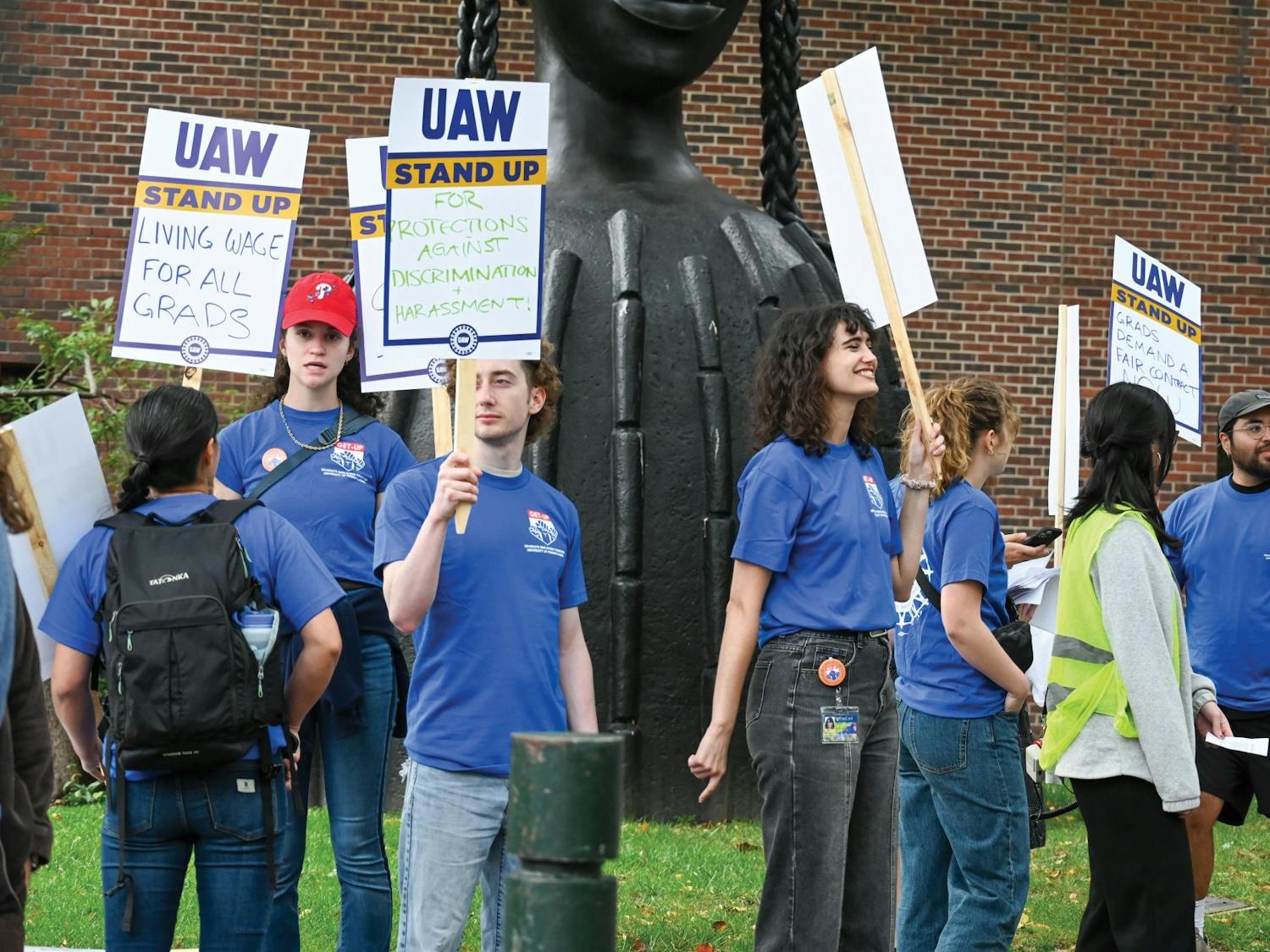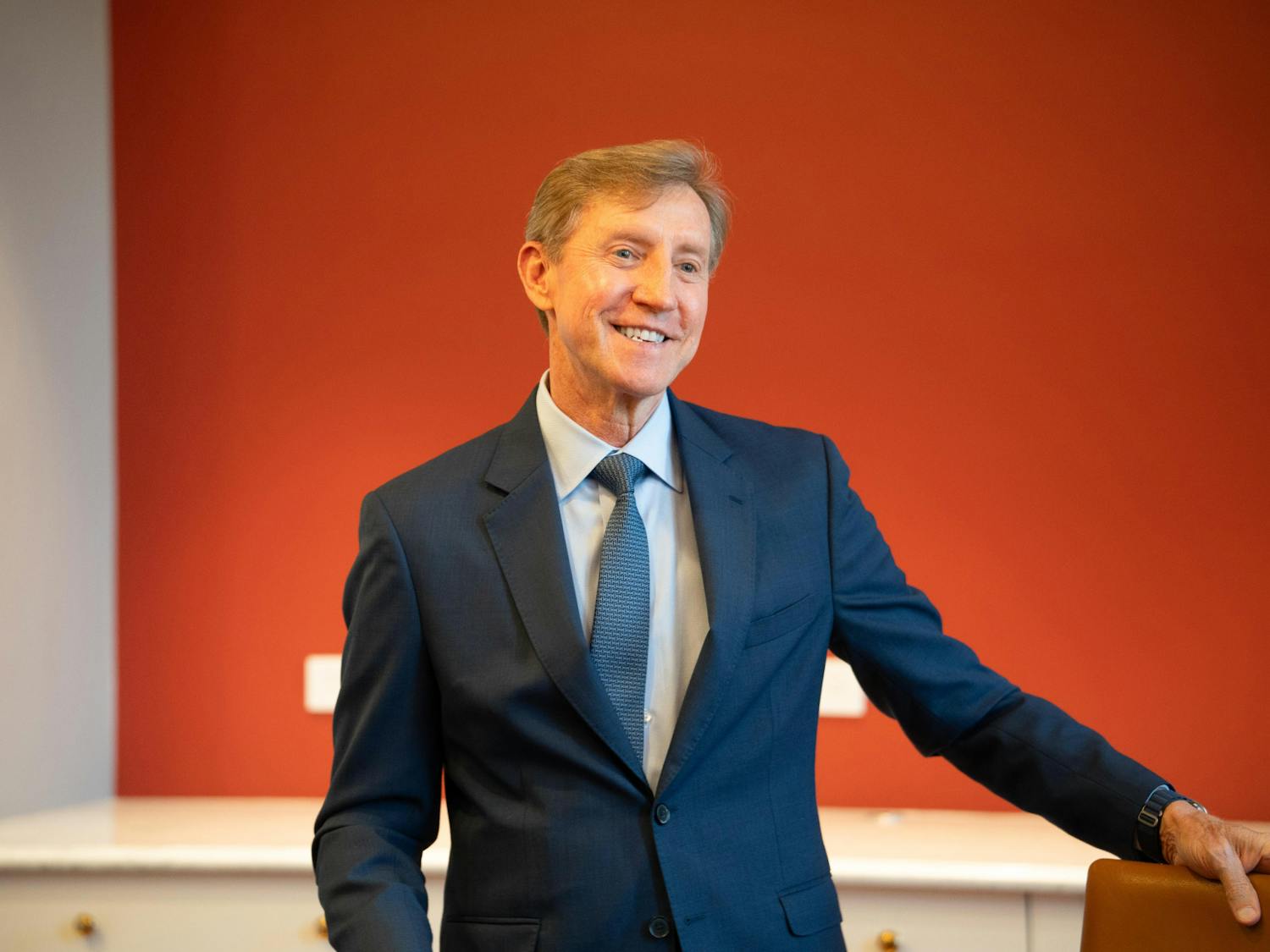For those who believe that the liberal arts are merely the fluff of education, think again.
Penn professor Marvin Lazerson and University of California, Berkeley professor Norton Grubb argue in their new book The Education Gospel -- which was published this past November -- that a solid liberal arts education is important for achieving practical success in professional careers.
Across the country, universities are becoming increasingly pre-professional in fields like business, health and engineering.
In their book, Lazerson and Grubb express concern that American students are missing out on developing important skills, as their schools sacrifice liberal arts in the pursuit of vocational education.
"There's an overemphasis on what professional education can do in practical environments, and this limits [the development of other] skills needed later on" in careers, Lazerson said.
Administrators at Penn seem to agree with Lazerson about the importance of the liberal arts for practical career success.
"Liberal arts help you confront who you are. You have to know yourself first to be a great leader" in the business world, said Patrick Harker, dean of the Wharton School.
Wharton mandates that its undergraduate students complete seven liberal arts courses in its general education curriculum, in addition to a writing course and a foreign language requirement.
Harker said that Wharton was first among the big business schools to pass a foreign-language proficiency requirement.
"It was a controversial decision, but you need it to be well-rounded," Harker said.
Afaf Meleis, dean of the School of Nursing, said that the liberal arts are important for future nurses because medical personnel must build good people skills and the ability to think of innovative healing techniques. For instance, she said, classical music can help patients cope with chronic pain.
And Patricia Rose, the director of Career Services, also highlighted the importance of a liberal arts education for success in the workplace.
Rose said that as students progress in their careers, they must acquire new skills, and a liberal arts education is helpful in this process. Most Penn students switch from their first job within two to three years, according to Career Services.
"The hallmark of liberal arts education is that it teaches us how to learn," Rose said, emphasizing the versatility that a liberal arts education affords students.
While many Penn administrators try to incorporate liberal arts into their school's curricula, Lazerson said, other institutions across the United States neglect this area.
The idea of education as solely an occupational springboard "self-perpetuated" like an "avalanche" after the end of World War II, Lazerson said.
Rose maintained that "Penn students made the right choice by coming here because they can more easily structure their education" with liberal arts.
Eduardo Glandt, the dean of the School of Engineering and Applied Science, said that Penn Engineering requires the greatest proportion of liberal arts courses of any engineering school curriculum, with 25 percent of total courses allocated.
"When we [engineering deans] get together and practice the secret handshake, we compare" curricula, Glandt said. "We are so enlightened" at Penn.
Harker agreed.
"Broaden yourself," he said. "Period."








